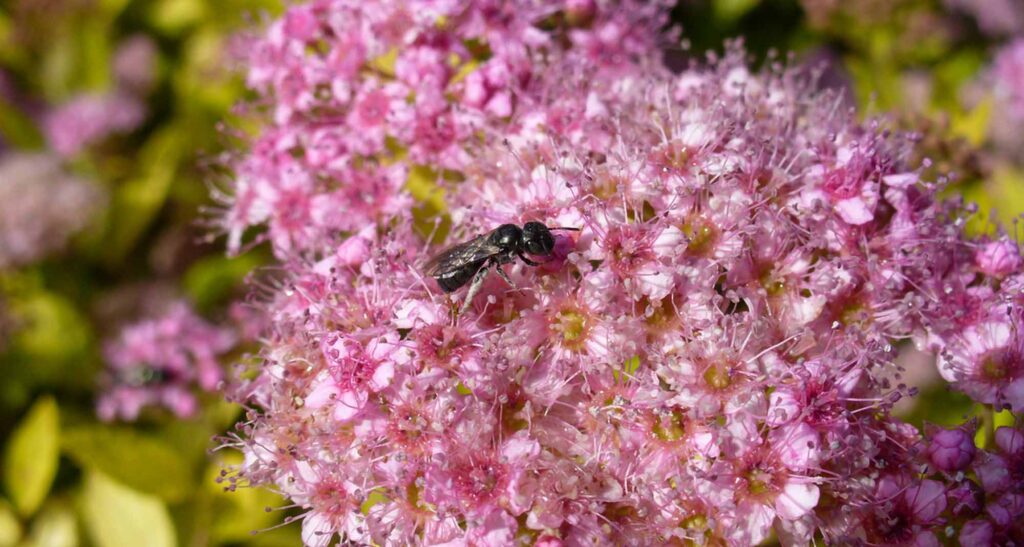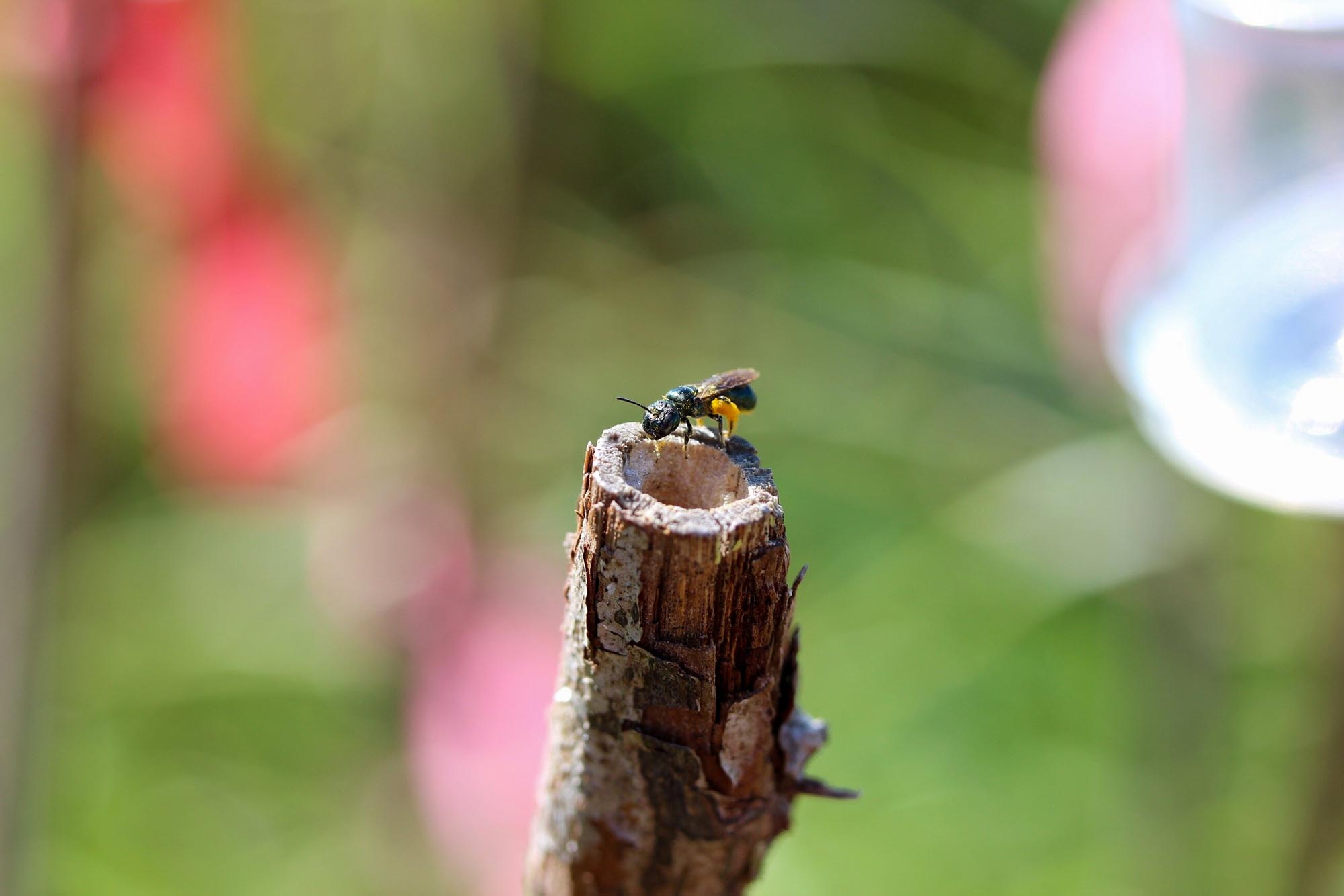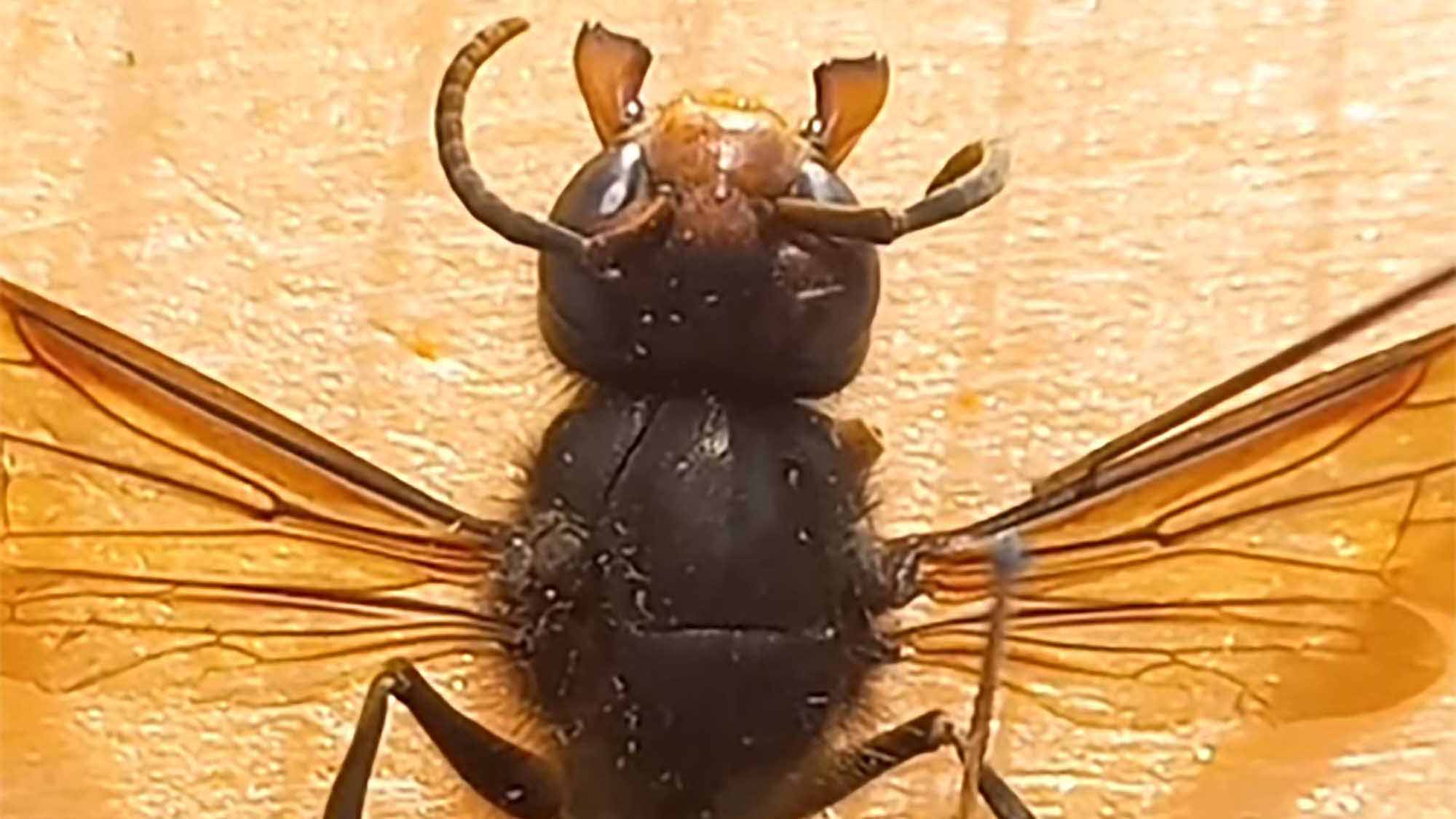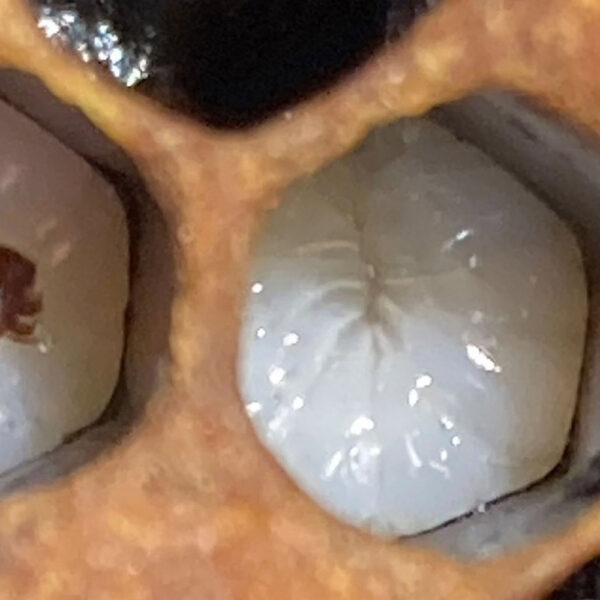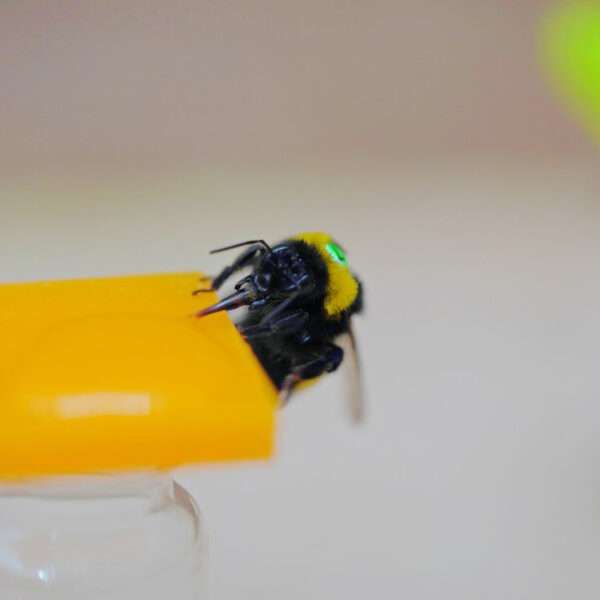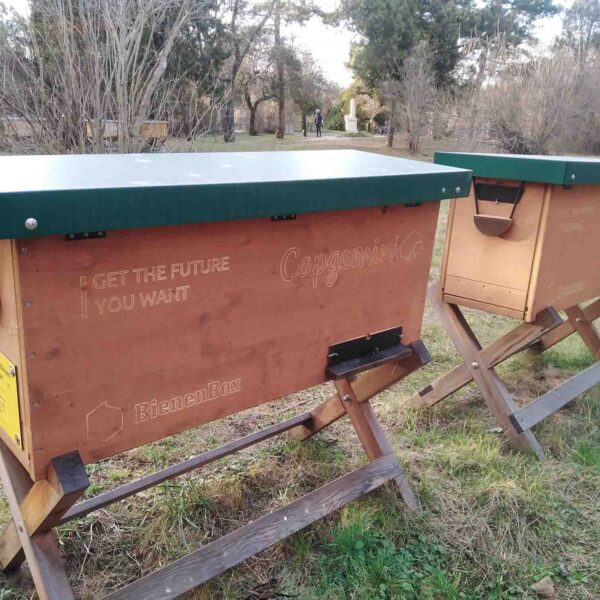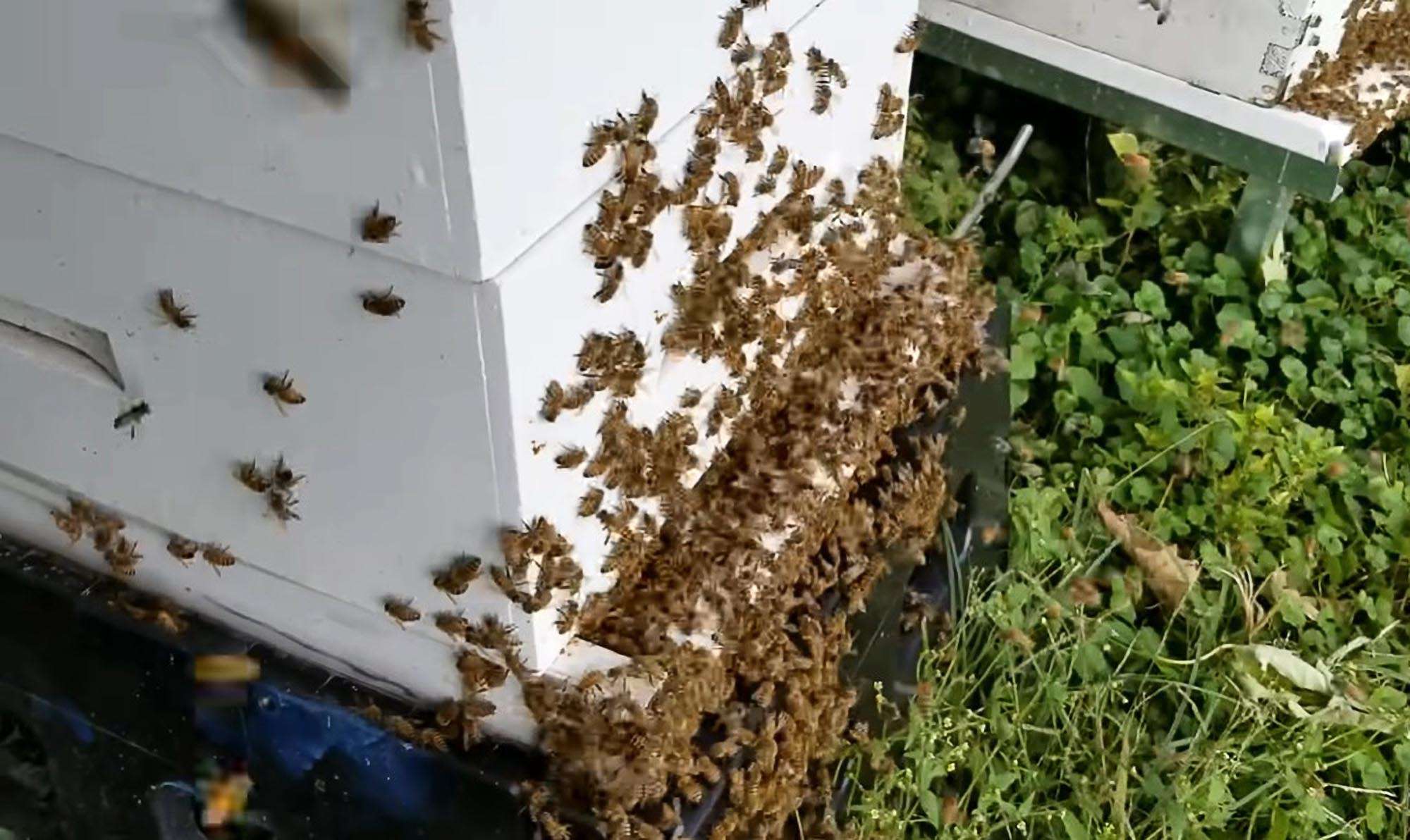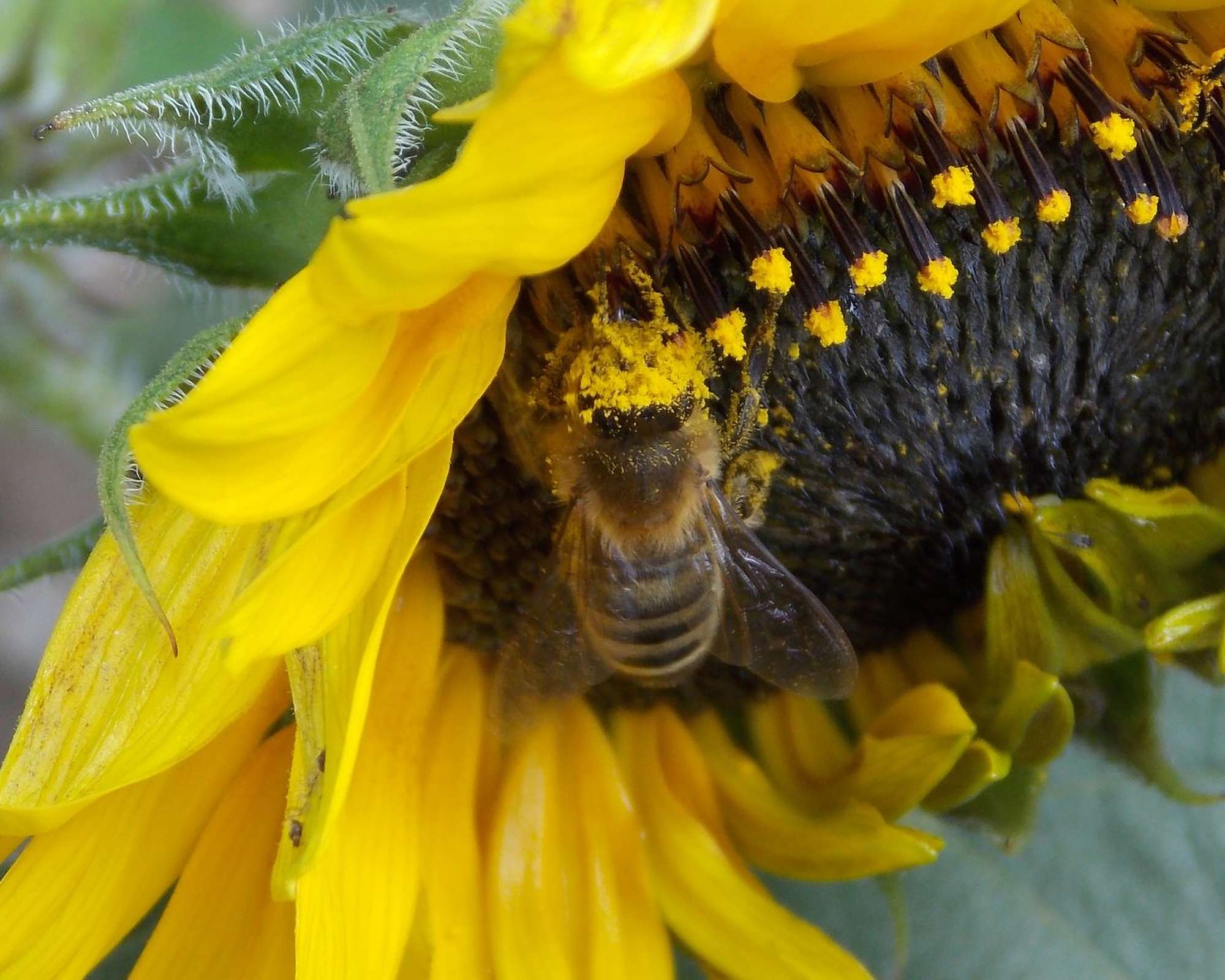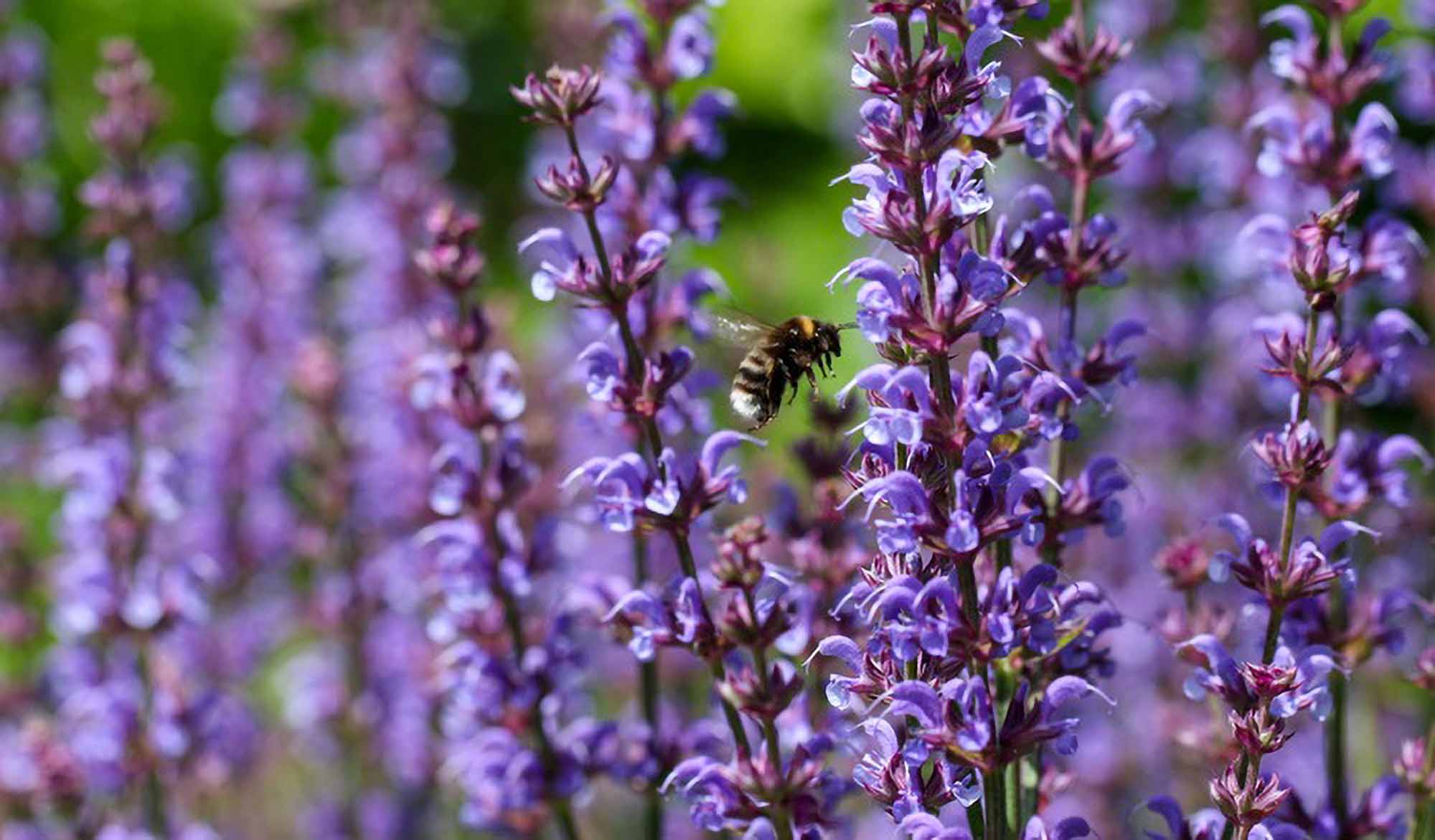Carpenter bees lacking maternal support are more susceptible to illnesses and parasites, scientists in Canada have found.
Researchers at York University in Toronto examined the solitary bee species throughout all stages of its development and discovered that a lack of a motherly figure increased the possibility of becoming sick.
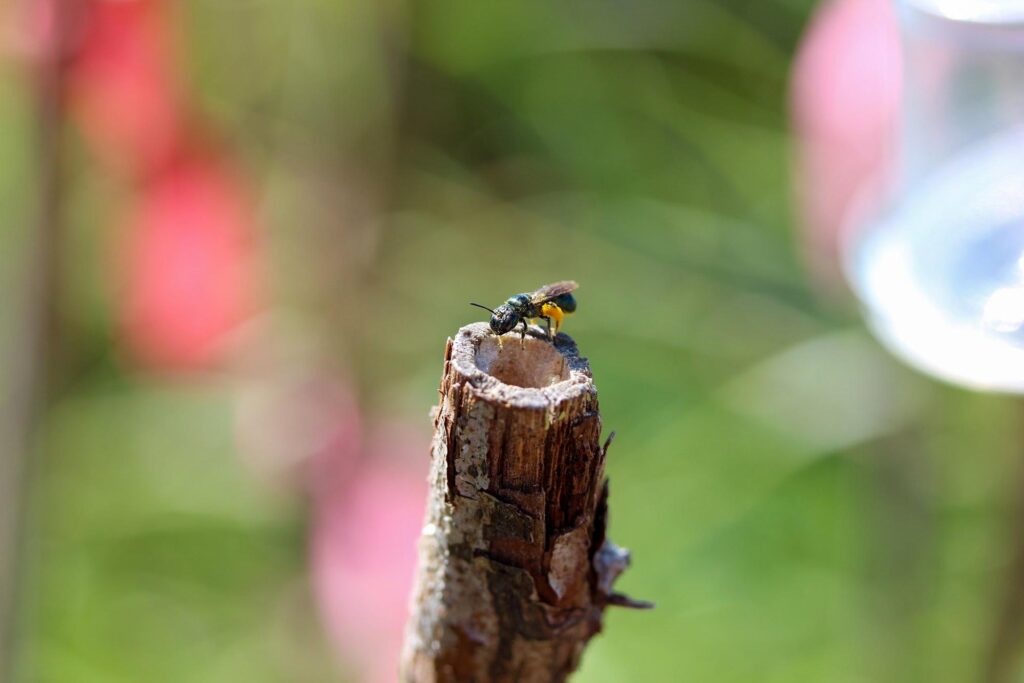
Prof Sandra Rehan said: “We are documenting the shifts in development and the shifts in disease loads. It is a big deal because regarding wild bees, there is a lot less known about their disease loads.”
Solitary bees, or wild bees, are undomesticated insect species that build their nests in the soil and deadwood. They do not produce honey. However, solitary bees play a big role in the environment due to their pollination efforts.
The experts at York University’s Department of Biology also found that carpenter bees which did not receive maternal support behaved differently from those with influential maternal figures.
Michael F. Potter is an entomologist at the University of Kentucky’s College of Agriculture.
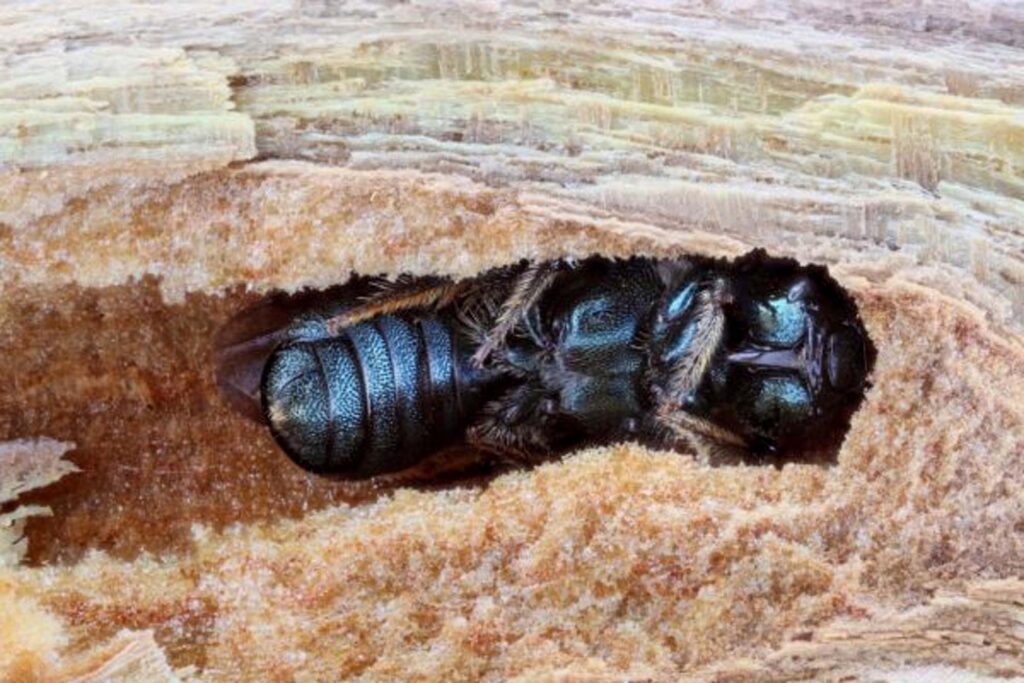
Prof Potter said carpenter bees were named “for their habit of excavating holes in wood in order to rear their young.”
This type of wild bee prefers unpainted, weathered redwood, cedar and pine, he added.
Prof Potter explained: “Carpenter bees resemble bumblebees but typically have a shiny, hairless abdomen. Bumblebees usually have a hairy abdomen with black and yellow stripes.
“The bees also have different nesting habits. Bumblebees nest in an existing cavity often underground whereas carpenter bees tunnel into wood to lay their eggs.”
